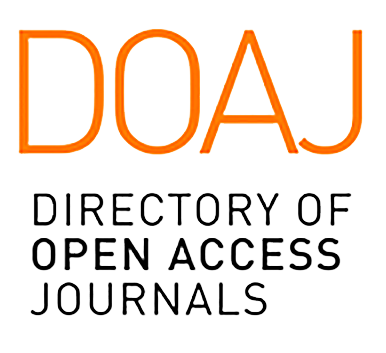

2708-9517






MLA Directory of Periodicals
REAO: East Asian Studies Journals
EBSCO Education
DOAJ
ProQuest
Google Scholar
Semantic Scholar
ROAD
BASE
Helka Helsinki Library
Baidu Scholar
Ex Libris
Jouroscope
US Department of Commerce Research Library

Jie Zhang
University of Oklahoma, USA
Abstract
Taking usage-based approaches to second language (L2) development and drawing on a written learner corpus, this study examined L2 Chinese learners’ lexical and grammatical development of result-state resultative verb compounds (RVCSs). The lexical development was examined in their frequency of usage, compositionality, and accuracy. Grammatical development was analyzed by the interaction of RVCSs and the perfective aspect marker le. Findings showed that while the frequency of use, compositionality, and lexical range of RVCSs grew with learners’ overall language proficiency, accuracy exhibited a certain degree of regression among high intermediate and advanced learners. L2 Chinese learners’ lexical and grammatical development of RVCSs is a systematic yet complex and variable process. Factors affecting the acquisition of RVCSs are the nature of input, L1 blocking and learned attention, and the unique properties of RVCSs.
Keywords
Result-state resultative verb compounds, lexical and grammatical development, learner corpus, usage-based approaches to L2 development
汉语二语学习者结果状态式复合动词的词汇和语法发展:一项基于用法的语料库研究
张洁
俄克拉荷马大学,美国
摘要
本文使用基于用法的二语习得理论,考察汉语学习者作文语料库,研究汉语二语学习者在习得结果状态式复合动词时的词汇和语法的发展过程。词汇发展从使用频率、成分多样性、准确度来考察;语法发展从结果状态式复合动词与“了”的共现来考察。研究发现结果状态式复合动词虽然在使用频率和成分多样性方面与学习者的语言水平成正比,但是准确度在中高级学习者中出现一定程度的退化。结果状态式复合动词的二语习得是一个既系统又复杂多样的过程,主要受输入、注意力阻滞、结果状态式复合动词自身特点的影响。针对结果状态式复合动词的具体习得特点,文章提出了相应的教学对策。
关键词
结果状态式复合动词,词汇发展,语法发展,学习者语料库,基于用法的二语习得理论